Your support helps us to tell the story
From reproductive rights to climate change to Big Tech, The Independent is on the ground when the story is developing. Whether it's investigating the financials of Elon Musk's pro-Trump PAC or producing our latest documentary, 'The A Word', which shines a light on the American women fighting for reproductive rights, we know how important it is to parse out the facts from the messaging.
At such a critical moment in US history, we need reporters on the ground. Your donation allows us to keep sending journalists to speak to both sides of the story.
The Independent is trusted by Americans across the entire political spectrum. And unlike many other quality news outlets, we choose not to lock Americans out of our reporting and analysis with paywalls. We believe quality journalism should be available to everyone, paid for by those who can afford it.
Your support makes all the difference.Iain Duncan Smith's policies have not always been well-received by those with disabilities.
Today the DWP secretary will say he wants more disabled people to have jobs and that he believes that work can heal people of illness.
“There is one area on which I believe we haven’t focused on enough – how work is good for your health,” he is expected to say.
“Work can help keep people healthy as well as help promote recovery if someone falls ill. So, it is right that we look at how the system supports people who are sick and helps them into work.”
Here are some of his most controversial previous policies.
Closing Remploy factories
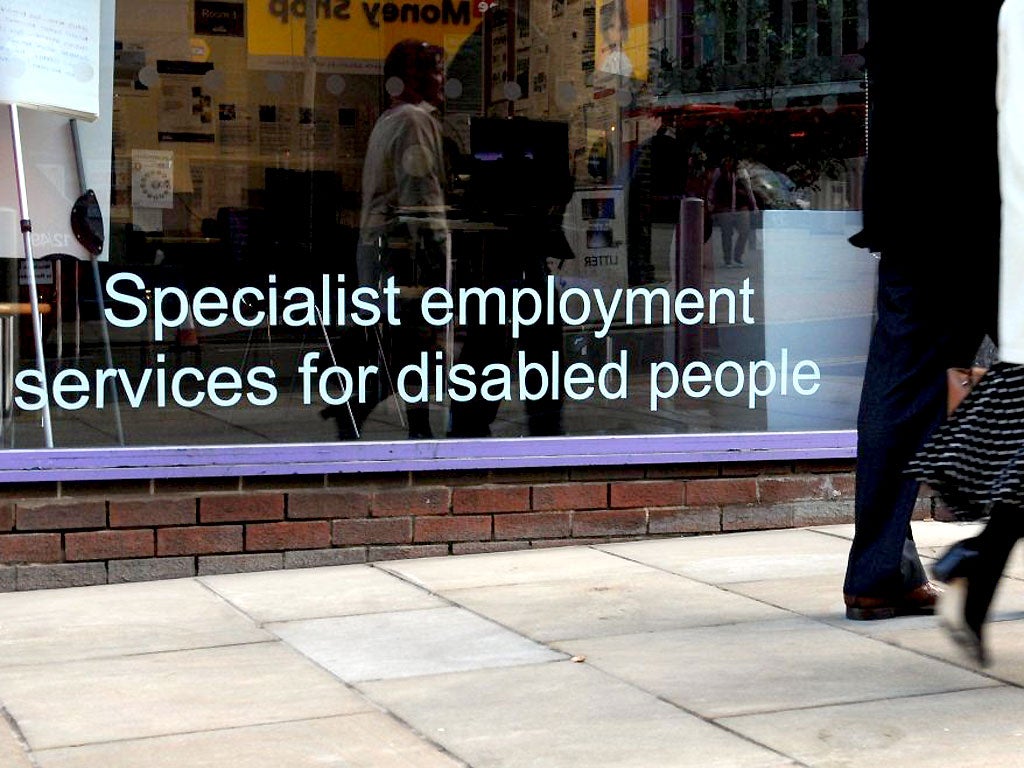
The Work and Pensions Secretary called time on Britain’s system of Remploy factories, which provided subsidised and sheltered employment to disabled people.
People employed at the factories protested against their closure and said they provided gainful work.
“Is it a kindness to stick people in some factory where they are not doing any work at all? Just making cups of coffee?” Mr Duncan Smith said at the time, defending the decision. “I promise you this is better.”
The Remploy organisation was privatised and sold to American workfare provider Maximus, with the majority of the organisation’s factories closed. The future of the remaining sites is unclear.
Scrapping the Independent Living Fund
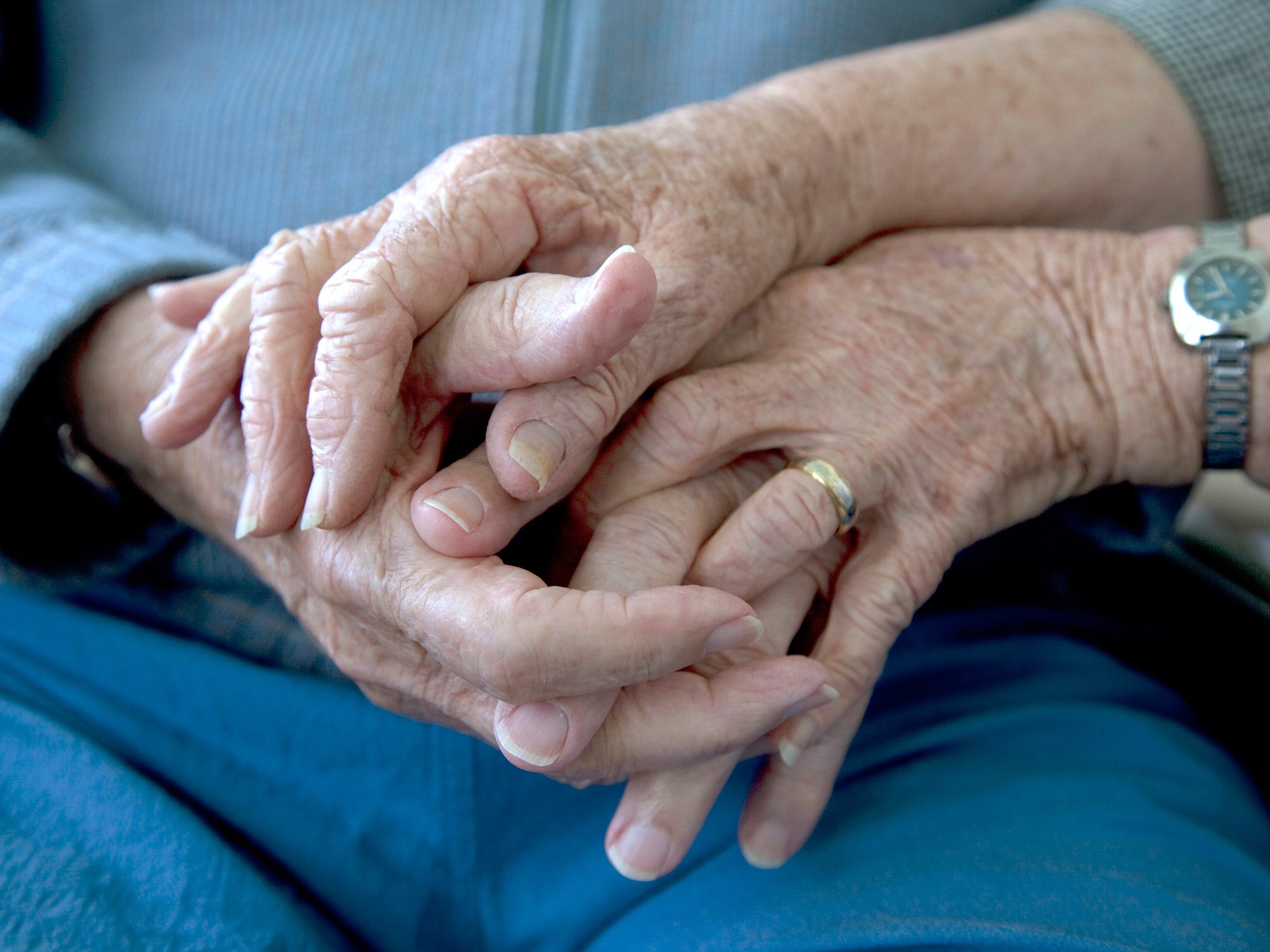
The £320m Independent Living Fund was established in 1988 to give financial support to people with disabilities.
It was scrapped on July 1 2015, with 18,000 often severely disabled people losing out by an average of £300 a week.
The money was generally used to help pay for carers so people could live in communities rather than institutions.
Councils will get a boost in funding to compensate but it will not cover the whole cost of the fund. This new cash also doesn’t have to be spent on the disabled.
Cut payments for the disabled Access To Work scheme
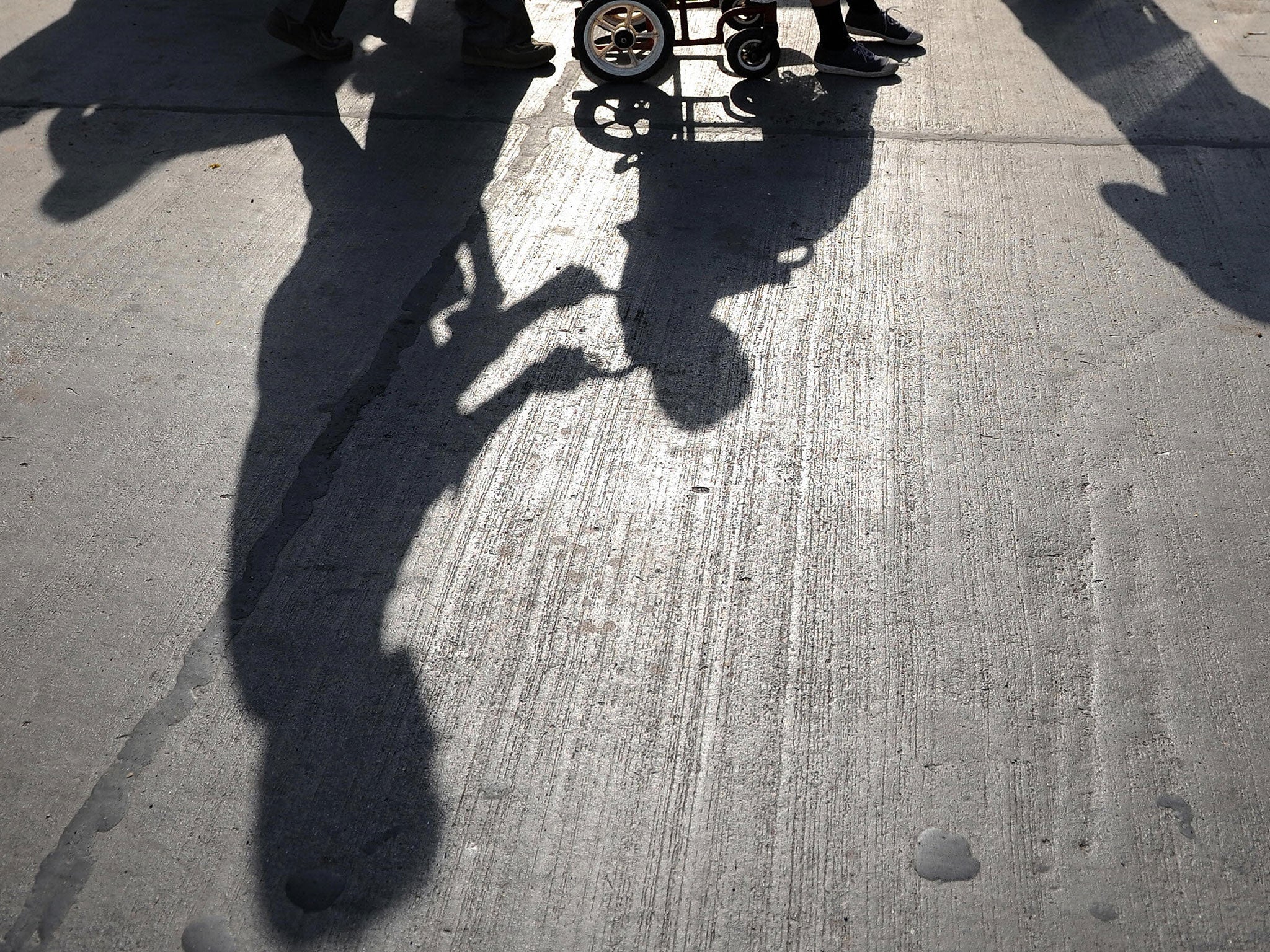
Iain Duncan Smith is bringing forward a policy that will reduce payments to some disabled people from a scheme designed to help them into work.
The £108m scheme, which helps 35,540 people, will be capped on a per-used basis, potentially hitting those with the more serious disabilities who currently receive the most help.
The single biggest users of the fund are people who have difficulty seeing and hearing. The cut will come in from October 2015.
The charity Disability UK says the scheme actually makes the Government money because the people who gain access to work tend pay tax that more than covers its cost.
The DWP does not describe the reduction as a “cut” and says it will be able to spread the money more thinly and cover more people.
Cut Employment and Support Allowance
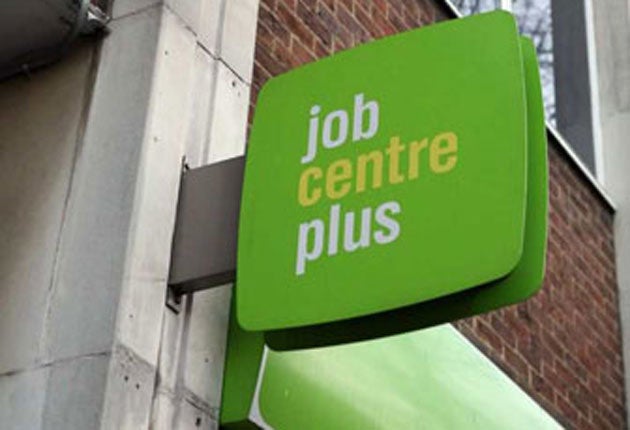
The latest Budget included a £30 a week cut in disability benefits for some new claimants of Employment and Support Allowance (ESA).
The Government says it is equalising the rate of disability benefits with Jobseekers Allowance because giving disabled people more help is a “perverse incentive”.
The people affected by this cut are those assessed as having a limited capability for work but as being capable of some “work-related activity”.
A group of prominent Catholics wrote to Mr Duncan Smith to say there was “no justification” for this cut. Mental health charity Mind, said the cut was “insulting and misguided”.
Risk homelessness with a sharp increase disability benefit sanctions

Official figures in the first quarter of 2014 found a huge increase in sanctions against people reliant on ESA sickness benefit.
The 15,955 sanctions were handed out in that period compared to 3,574 in the same period the year before, 2013 – a 4.5 times increase.
The homelessness charity Crisis warned at the time that the sharp rise in temporary benefit cuts was “cruel and can leave people utterly destitute – without money even for food and at severe risk of homelessness”.
“It is difficult to see how they are meant to help people prepare for work,” Matt Downie, director of policy at the charity added.
Sending sick people to work because of broken fitness to work tests
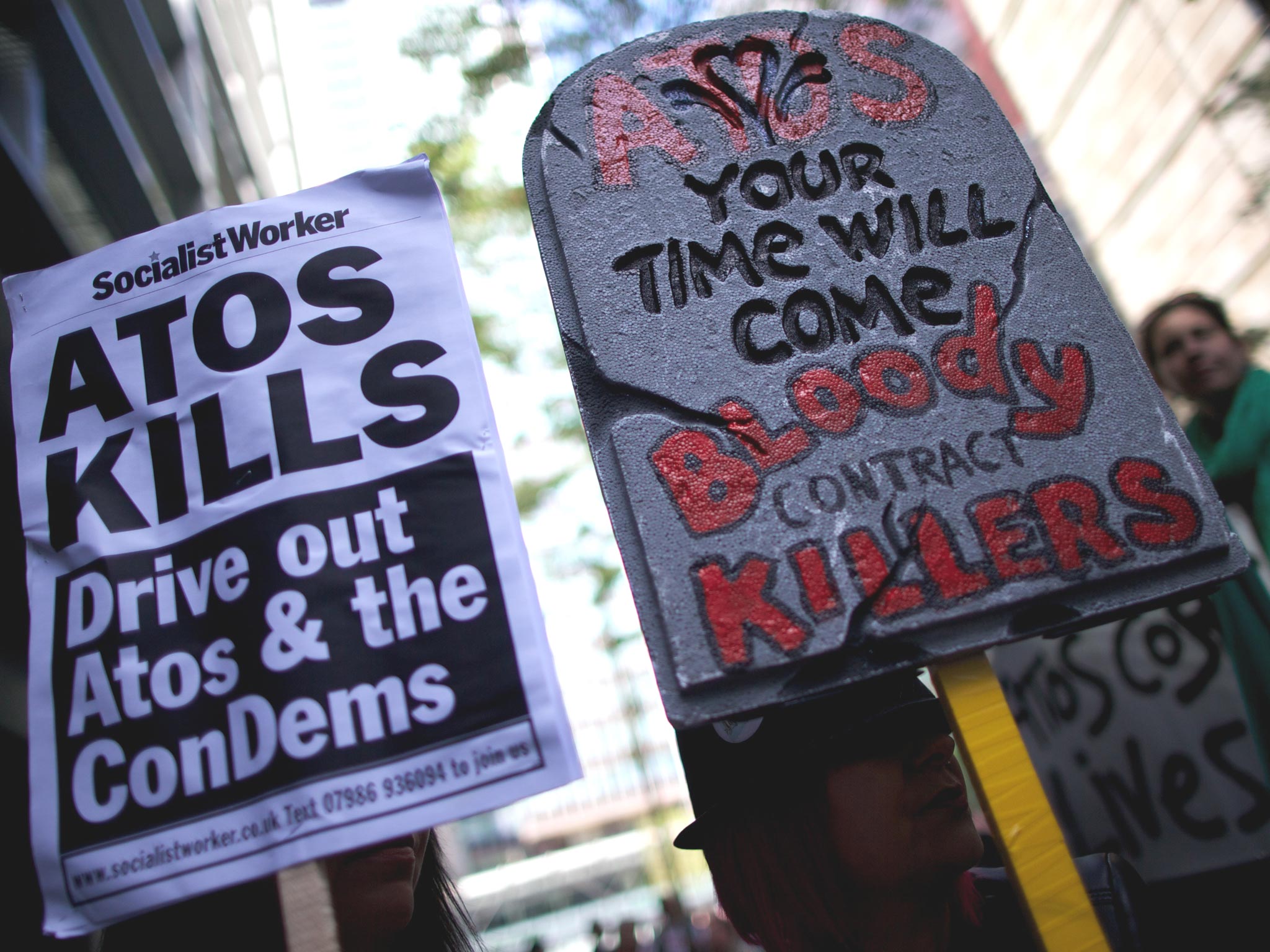
In 2012 a government advisor appointed to review the Government’s Work Capability Assessment said the tests causing suffering by sending sick people back to work inappropriately.
“There are certainly areas where it's still not working and I am sorry there are people going through a system which I think still needs improvement,” Professor Malcolm Harrington concluded.
The tests are said to have improved since then, but as recently as this summer they are still coming in for criticism.
In June the British Psychological Society said there was “now significant body of evidence that the WCA is failing to assess people’s fitness for work accurately and appropriately”. It called for a full overhaul of the way the tests are carried out.
The WCA appeals system has also been fraught with controversy with a very high rate of overturns and delays lasting months and blamed for hardship.
The bedroom tax
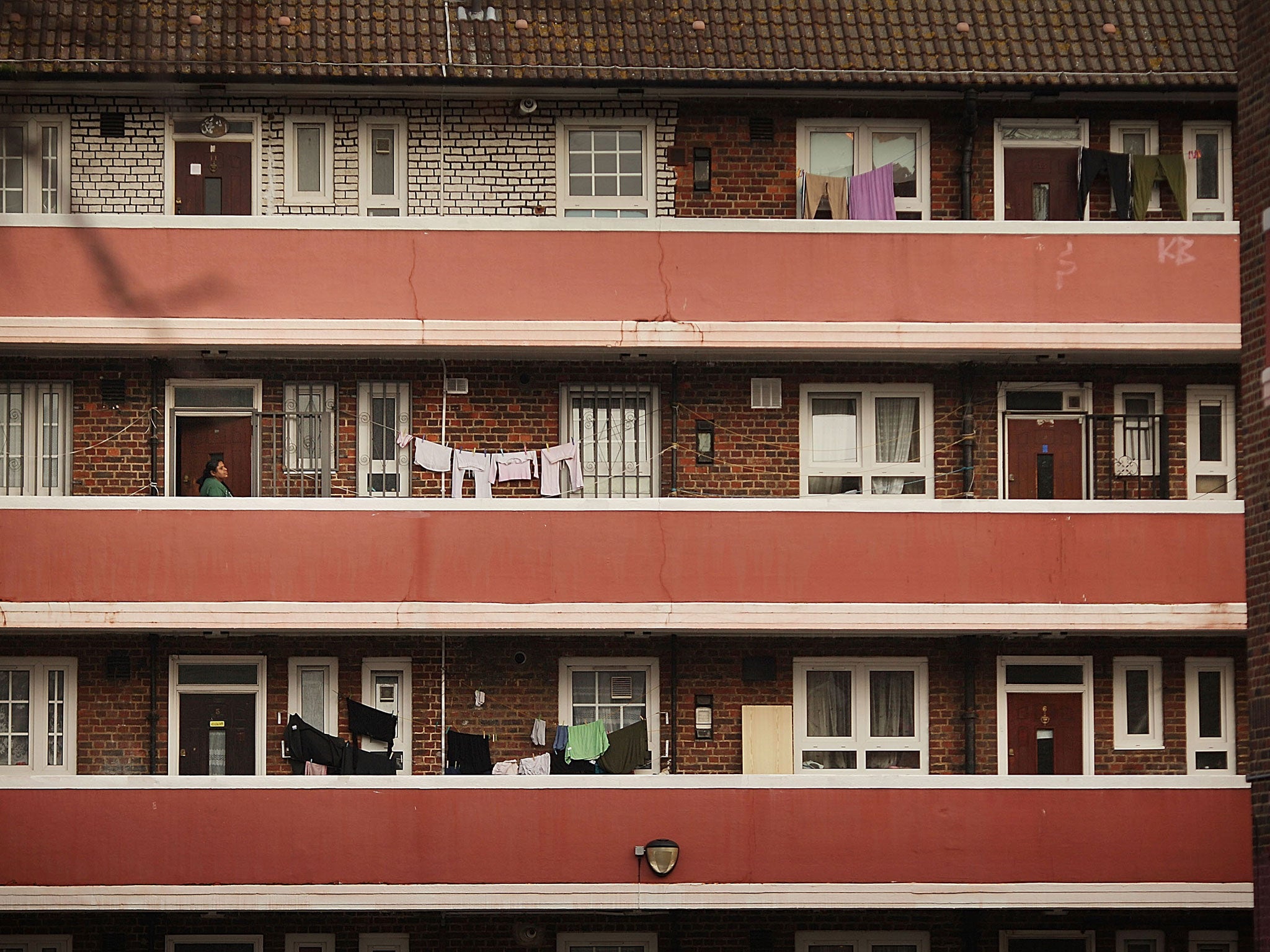
The Government’s benefit cut for people who it says are “under-occupying” their homes disproportionately affects disabled people.
Statistics released last year show that around two-thirds of those affected by the under-occupancy penalty, widely known as the ‘bedroom tax’, are disabled.
There have been a number of high profile cases of disabled people being moved out of specially adapted homes by the policy.
In one case publicised by the Sunday People last week, a 48 year old man with cerebral palsy was forced to bathe in a paddling pool after the tax moved him out of his home with a walk-in shower.
The Government says it has provided councils with a discretionary fund to help reduce the policy’s impact on disabled people, but cases continue to arise.

Join our commenting forum
Join thought-provoking conversations, follow other Independent readers and see their replies
Comments